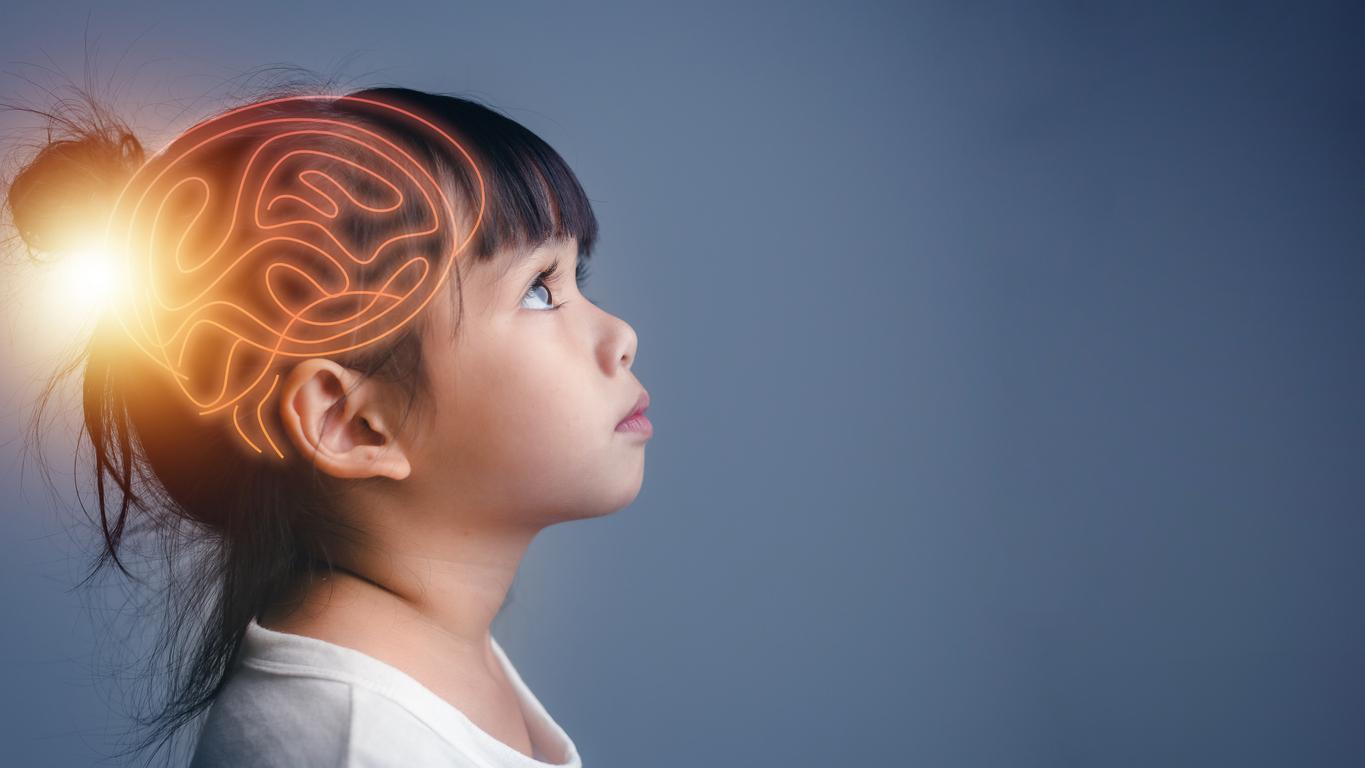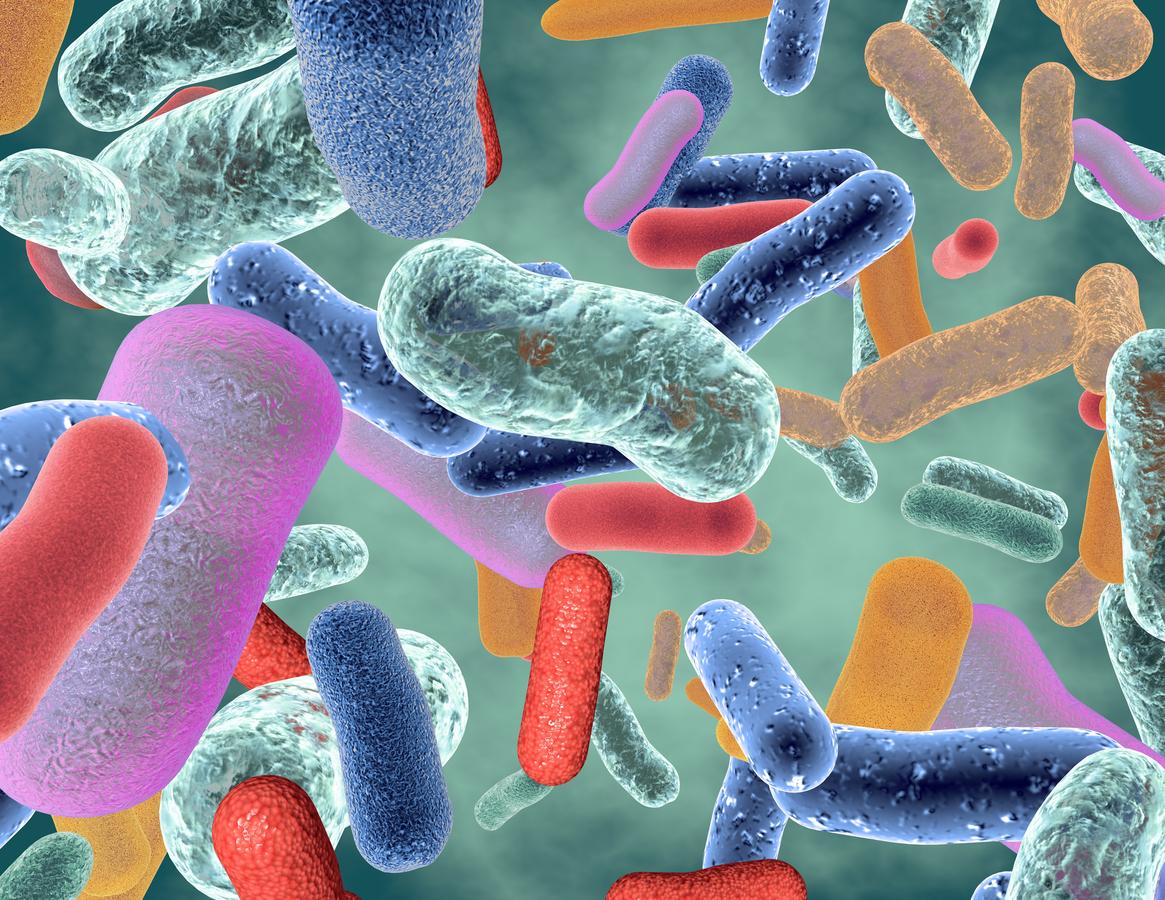Detecting genetic disorders more efficiently thanks to artificial intelligence is now possible. In a study published in the journal NatureMedicine On January 7, researchers at the FDNA in Boston (United States) are presenting their technology, based on “deep learning”, which makes it possible to diagnose hundreds of diseases simply by relying on the features of a patient’s face.
Technology that learns by itself
For this, the scientists developed an analysis program, named DeepGestalt. They first subjected it to binary questions to test it: “Is the person healthy or sick? Does she have trisomy 21 (for example) or not? . After this training, he was able to identify with 96.88% accuracy patients with Cornelia de Lange syndrome, a genetic disease that manifests itself in particular by facial dysmorphism. And this, simply based on their photos. According to the study, without this technology, doctors would achieve a 75% success rate.
DeepGestalt is actually an artificial intelligence, so it is able to learn based on the information given to it. To continue his learning, the researchers integrated him into an application, called Face2Gene. This is based on a phenotyping platform – that is to say the set of apparent characteristics of an individual – managed by the medical community and already used by geneticists around the world. As part of the study, 17,000 images of patients suffering from nearly 200 different syndromes were used.
Free, fast, personalized
In the end, the application answered the correct syndrome for 65% of the photos presented. For the ten most frequent pathologies, the program even achieved an accuracy of 91% on 502 images. This accuracy will improve over time, as more and more healthcare professionals insert photos and DeepGestalt will continue to learn, say FDNA researchers. Currently, Face2Gene has 150,000 images in its database.
According to the authors of the study, this new technology will bring considerable added value to personalized care. It is free, shows results quickly and can be used on patients of all ages. However, doctors will not be able to rely solely on it to make the diagnosis. Rather, they will use it to formulate an initial diagnosis and carry out targeted examinations, or in addition to other analyses.
Read also :
- In the United States, an artificial intelligence can now make medical diagnoses
- Artificial intelligence capable of spotting kidney damage
- An artificial intelligence to predict the awakening of the coma?


















